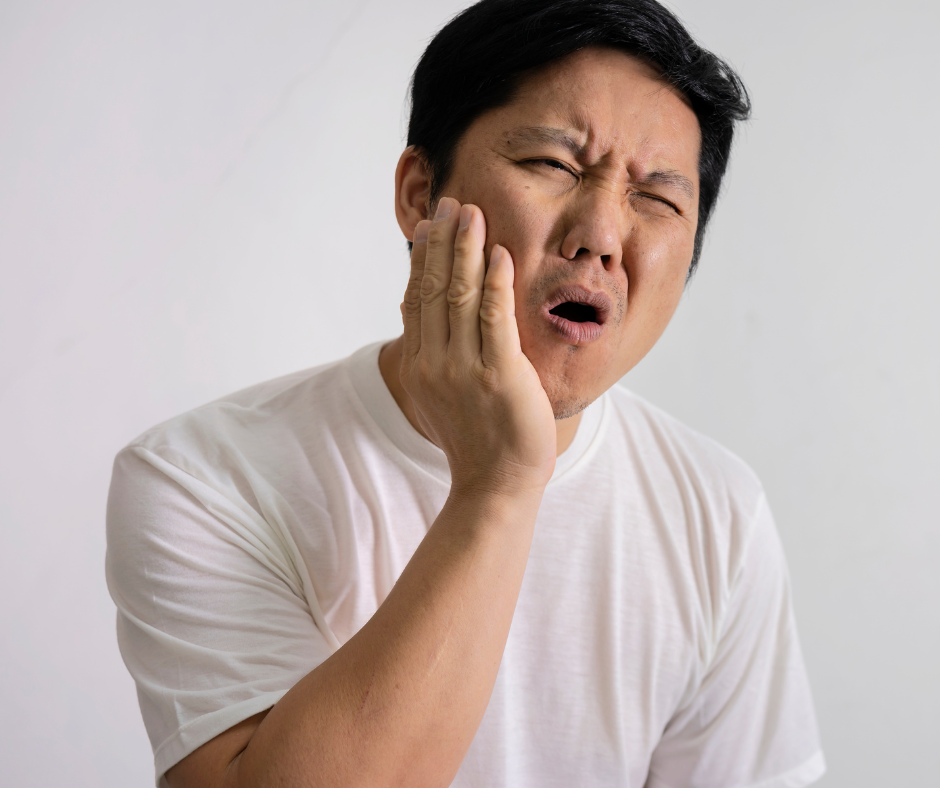Neck pain is a common complaint that many people experience at some point in their lives. It can range from a mild discomfort to severe pain, impacting daily activities and overall quality of life. However, when neck pain is accompanied by dizziness, it can be particularly concerning and disorienting. In this blog, we’ll explore the connection between neck pain and dizziness, and how osteopathy can help.
Understanding the Connection Between Neck Pain and Dizziness
The neck, or cervical spine, is a complex structure that supports the head, protects the spinal cord, and facilitates a wide range of motion. It also contains many vital blood vessels and nerves that connect the brain to the rest of the body. When something goes wrong in the neck, such as muscle strain, joint dysfunction, or nerve compression, it can sometimes lead to dizziness.
1. Cervicogenic Dizziness
Cervicogenic dizziness is a type of dizziness that originates from a problem in the neck. It is often caused by issues such as:
- Muscle tension or spasm: Tight muscles in the neck can affect the nerves and blood vessels, leading to dizziness.
- Joint dysfunction: Problems with the joints in the cervical spine, such as facet joint irritation, can disrupt normal nerve function, resulting in dizziness.
- Nerve irritation or compression: When nerves in the neck are irritated or compressed, they can send abnormal signals to the brain, causing dizziness.
Symptoms of cervicogenic dizziness typically include a sensation of unsteadiness, light-headedness, or feeling off-balance, often triggered or worsened by specific neck movements.
2. Vertebrobasilar Insufficiency
Another potential cause of dizziness related to neck pain is vertebrobasilar insufficiency (VBI). This condition occurs when there is reduced blood flow through the vertebral and basilar arteries, which supply blood to the brainstem and inner ear. VBI can be associated with neck problems, particularly in older adults or those with a history of cardiovascular disease. Symptoms may include dizziness, vertigo, visual disturbances, and even fainting.
How Osteopathy Can Help
Osteopathy offers a holistic approach to treating both neck pain and associated dizziness. An osteopath will conduct a thorough assessment to determine the root cause of your symptoms and develop a personalised treatment plan.
1. Manual Therapy
Osteopaths use a variety of manual techniques to address the underlying issues in the neck that may be contributing to dizziness. These techniques may include:
- Gentle joint mobilisation: To improve the range of motion in the cervical spine and relieve pressure on nerves.
- Soft tissue massage: To reduce muscle tension and improve blood flow, which can alleviate both neck pain and dizziness.
- Cranial osteopathy: A subtle, hands-on technique that focuses on the head and neck to release tension and improve the function of the nervous system.
2. Postural Advice
Poor posture is a common contributor to neck pain and associated dizziness. An osteopath can provide guidance on improving your posture, both in everyday activities and while working, to reduce strain on your neck.
3. Exercise and Rehabilitation
Osteopaths often recommend specific exercises to strengthen the muscles in your neck and upper back, improve flexibility, and enhance balance. These exercises can help prevent the recurrence of neck pain and dizziness.
When to Seek Further Medical Advice
While osteopathy can be very effective in managing neck pain and dizziness, it’s important to recognise when these symptoms might indicate a more serious underlying condition. You should seek immediate medical attention if you experience:
- Severe or sudden onset of dizziness: Especially if it is accompanied by other symptoms such as vision changes, difficulty speaking, or weakness on one side of the body.
- Persistent or worsening dizziness: Despite treatment or changes in posture.
- Dizziness following a head or neck injury: This could indicate a concussion or other serious injury.
Conclusion
Neck pain can indeed cause dizziness, particularly when it’s related to issues such as muscle tension, joint dysfunction, or nerve irritation in the cervical spine. Fortunately, osteopathy offers a safe and effective way to address both neck pain and the associated dizziness by focusing on the root causes and promoting overall spinal health.
If you’re struggling with neck pain and dizziness, consider booking an appointment with an osteopath. With the right treatment plan, you can find relief from your symptoms and regain your sense of balance and well-being.





